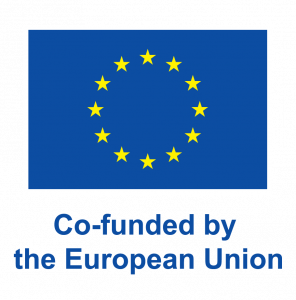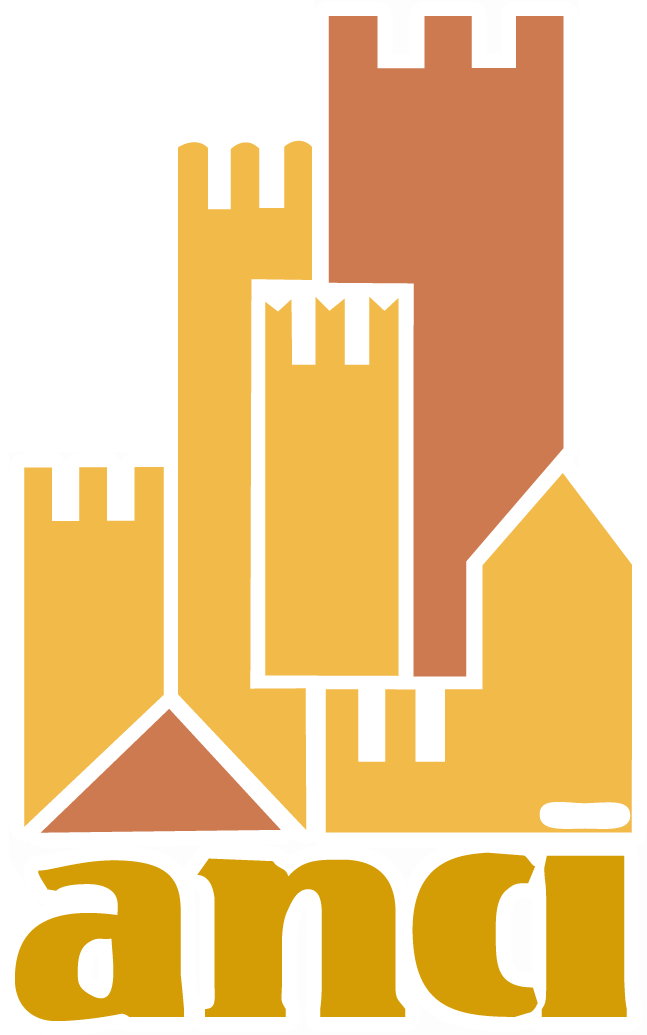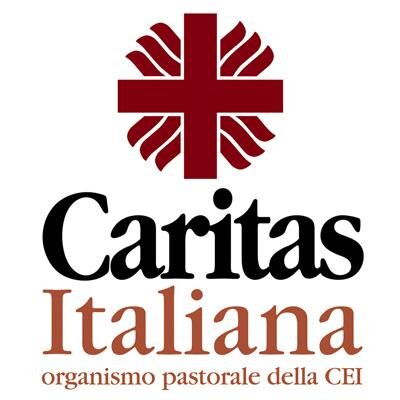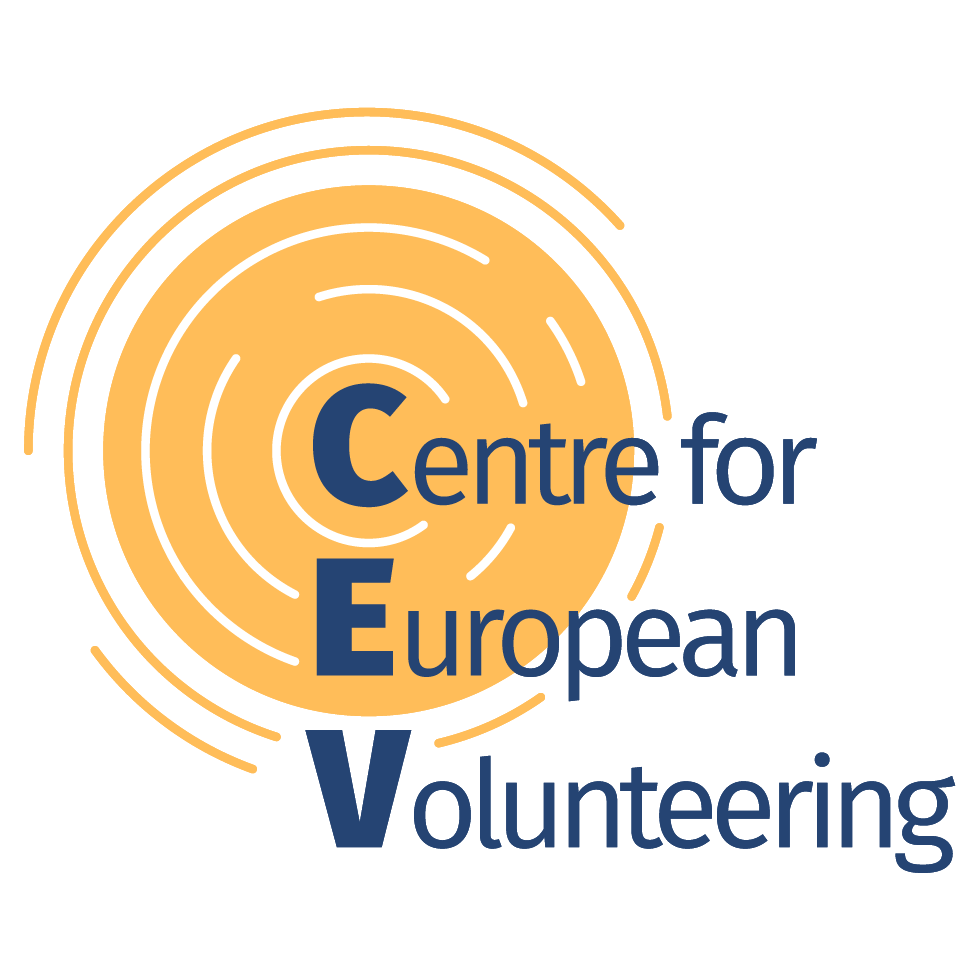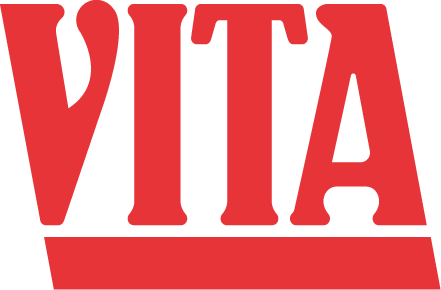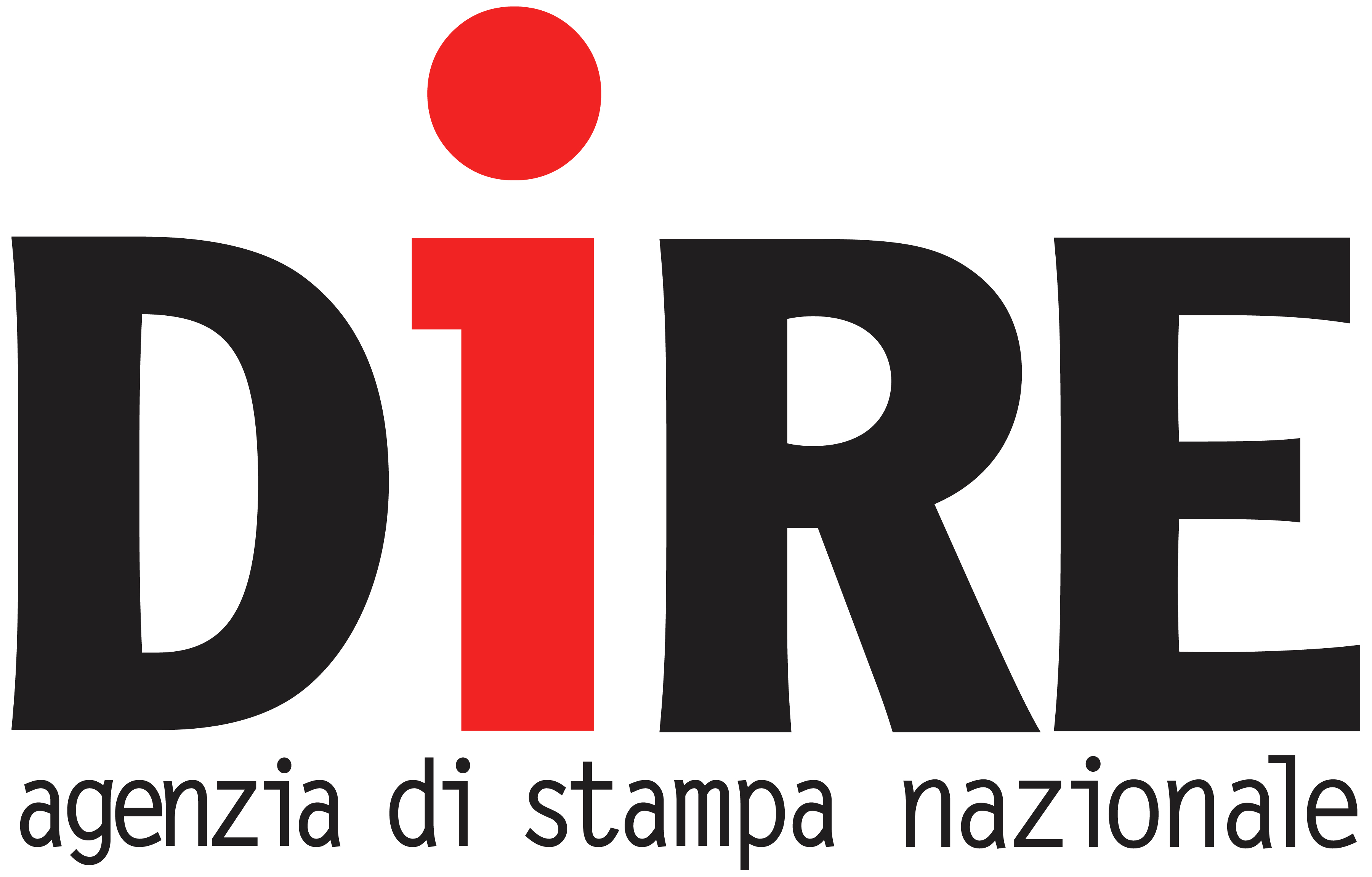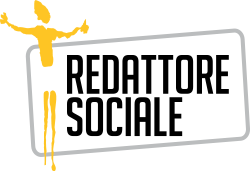Lavoriamo con le comunità per co-progettare proposte, azioni e/o campagne per realizzare le diverse visioni verdi e sostenibili
Evento 11. Le comunità si mobilitano nei processi di co-progettazione con il supporto degli attivatori di comunità: laboratori cittadini, seminari, scambi e incontri locali.
Obiettivi
Nell’ambito dell’Evento 11, nella prima fase sono stati organizzati workshop locali nelle comunità Co-Green come Open Space Technology (OST), per mantenere i membri della comunità impegnati e concentrati sugli argomenti CO-GREEN e sui processi partecipativi. In particolare, i partecipanti locali hanno individuato temi urgenti che sono stati affrontati anche nei laboratori dei cittadini. I laboratori OST sono stati adattati alle specificità locali, a seconda delle caratteristiche culturali e organizzative. Al termine di ciascun workshop locale sono state raccolte le percezioni dei partecipanti sulle questioni affrontate (vedere allegato più in basso).
Nella fase successiva, i temi specifici individuati come prioritari sono stati analizzati ed elaborati nei cosiddetti “laboratori dei cittadini”, che sono stati realizzati utilizzando tecniche partecipative e aperte, come il metodo del world café. Questi laboratori erano gli spazi specifici in cui venivano attuati i processi deliberativi codecisionali locali. Attraverso un processo di partecipazione e co-decisione utilizzando metodi f2f e di facilitazione online, sono stati ottenuti i seguenti risultati:
- una riflessione originale sui temi del Green Deal legati ai problemi e alle urgenze locali;
- l’identificazione di possibili progetti/misure che meritano attenzione per gestire le priorità del Green Deal in una prospettiva di coesione sociale;
- lo sviluppo di un piano d’azione/roadmap riguardante la “chiamata all’azione della comunità” e le proposte da presentare alle autorità locali per ulteriori azioni;
- attuazione delle attività green previste nell’ambito dei progetti Co-Green predisposti da attivisti verdi locali.
Partecipanti: all’evento hanno preso parte complessivamente 425 partecipanti: 109 dalla Polonia, 129 dall’Italia, 72 dalla Croazia e 115 dalla Grecia.
Cliccando qui è possibile accedere ai rapporti sintetici delle esperienze dei Paesi Partner: Polonia, Grecia e Croazia
Italia:
Workshop Locali e OST (Open Space Technology)
Sono stati organizzati vari workshop nelle comunità locali utilizzando la metodologia OST per mantenere i membri della comunità impegnati sui temi di Co Green – Cavalese, Magione e Cosenza. Durante questi incontri, i partecipanti hanno avuto l’opportunità di discutere e co-priorizzare temi specifici e urgenti che saranno affrontati nei successivi laboratori per cittadini.
Un esempio significativo è il workshop tenutosi il 15 giugno 2024 presso il Museo della Pesca a San Feliciano, Magione. L’evento ha visto la partecipazione di 26 persone, tra cui esperti locali e membri della comunità. Le discussioni si sono concentrate sulle sfide ambientali che minacciano il Lago Trasimeno, come gli effetti del cambiamento climatico e l’inquinamento da microplastiche.
Laboratori per Cittadini
Tra maggio e giugno 2024, abbiamo organizzato vari laboratori per cittadini, mirati a trasformare le discussioni in azioni concrete. Il 25 maggio, un gruppo di cittadini di Magione, insieme a giovani volontari, ha partecipato a una pulizia straordinaria delle rive del Lago Trasimeno. Questo evento, parte della campagna di Legambiente “Spiagge e Fondali Puliti”, ha coinvolto attivamente la comunità nella tutela dell’ambiente locale.
Partecipazione della Comunità
Il progetto Co Green enfatizza l’importanza della partecipazione della comunità nella protezione ambientale. La partecipazione attiva dei cittadini non solo aumenta la consapevolezza ambientale, ma promuove anche un senso di responsabilità condivisa e coesione sociale. Ad esempio, durante il laboratorio del 1 giugno 2024 a Cosenza, i partecipanti hanno proposto diverse iniziative, come mercatini delle pulci e laboratori di riciclo, per stimolare la partecipazione e la sensibilizzazione ambientale.
Obiettivi del Progetto
Gli obiettivi principali del progetto Co Green includono:
- Educazione Ambientale: Promuovere la consapevolezza sull’importanza della protezione ambientale e sulle pratiche di gestione sostenibile dei rifiuti.
- Partecipazione Attiva: Coinvolgere attivamente i cittadini in attività di protezione ambientale, rafforzando il senso di responsabilità condivisa.
- Pratiche Sostenibili: Incentivare l’adozione di pratiche sostenibili a livello locale, come la riduzione dei rifiuti e il riciclaggio.
- Monitoraggio Ambientale: Sviluppare sistemi di monitoraggio per raccogliere dati sulla qualità ambientale e sui tipi di rifiuti trovati.
- Promozione della Citizen Science: Coinvolgere i cittadini nella scienza partecipativa per una gestione più informata e partecipata delle risorse naturali.
Grazie all’entusiasmo e alla dedizione delle tre comunità locali, il progetto Co Green continua a fare passi avanti significativi verso un futuro più sostenibile. Invitiamo tutti a unirsi a noi nelle prossime iniziative per continuare a proteggere e valorizzare il nostro ambiente.
Insieme, possiamo fare la differenza!
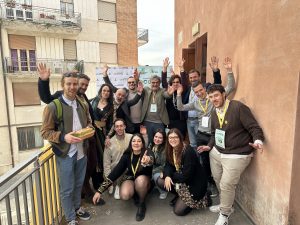
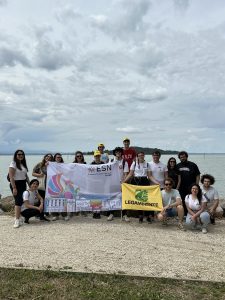
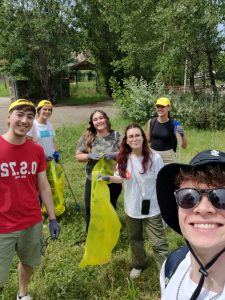
Workshop locali:
- Magione
The conference “Lake Trasimeno: Challenges and Prospects” on 15th June was a significant event focused on the two main environmental challenges threatening Lake Trasimeno: the effects of climate change and microplastic pollution. This meeting provided an important opportunity to bring together the region’s leading experts and foster a constructive and scientific dialogue on a common and increasingly urgent problem: drought and pollution. The local community played a crucial role in participating in the conference. The community of Magione (mainly composed of fishermen, people involved in the tourism and hospitality sector, or businesses dependent on tourism) has a deep and visceral connection with Lake Trasimeno. For these people, the lake is not just a natural resource but also a central element of their cultural identity and local economy. Participation in the thematic roundtable was exceptionally high, demonstrating how aware the local population is of environmental issues and their eagerness to contribute to finding solutions. The conference saw a significant contribution from the Co-Green project, whose main objective is to promote sustainable practices and increase environmental awareness among citizens.
Lake Trasimeno, besides being a source of livelihood for many families, is a true ecosystem hotspot. This means that the lake represents an area of great importance for biodiversity, hosting numerous unique species of flora and fauna and providing crucial habitats for various forms of life. Its conservation is therefore essential not only for the economic and social well-being of local communities but also for the protection of biodiversity and the ecological balance of the region. During the conference, experts from the Co-Green project discussed the serious threats posed by climate change. Rising temperatures and decreasing rainfall are leading to prolonged periods of drought, putting the lake’s ecosystem and the economic activities linked to it at risk. Simultaneously, microplastic pollution was identified as an emerging problem, with serious repercussions on water quality and the health of aquatic organisms. The active participation of the community enriched the debate with direct experiences and practical suggestions. The community of Magione, deeply connected to Lake Trasimeno, shared their observations and concerns, offering a unique and valuable perspective. Their presence and involvement highlighted how collaboration between citizens and experts is essential to effectively address these challenges. The willingness to protect Lake Trasimeno and preserve its ecosystem for future generations was evident, underscoring the importance of adopting sustainable measures and promoting greater environmental awareness among all stakeholders involved. The Co-Green project played a fundamental role in facilitating this dialogue and promoting the adoption of environmentally responsible practices through the active participation of community members. Thus, the conference represented a significant step towards more conscious and sustainable management of Lake Trasimeno, highlighting the central role of the citizenry in the decision-making process and the protection of their environment. The active participation and commitment of the Magione community were a shining example of how collaboration between science, sustainable projects like Co-Green, and society can lead to innovative and shared solutions to address the environmental challenges of our time. Thanks to initiatives like these, it is possible to hope for a more sustainable future for Lake Trasimeno and all the communities that depend on it. Stakeholders involved: Municipality of Magione, Pro Loco San Feliciano, Pro Loco Sant’Arcangelo, University of Perugia, Umbria24, Lake Trasimeno Fishermen’s Cooperative, Fishing Museum.
- Cosenza
The event on 31st May took place outdoors, in the main square of the Panebianco district in Cosenza. Community activators led the participants in an intense and engaging reflection on the concept of “participation” and the many different “forms of participation.” A strong desire emerged to create new activities and tools to stimulate participation in order to reach more residents of the neighborhood. Among the various proposals discussed and shared, there was a strong desire to create a mural in the center of the square with themes related to the environment, freedom, and participation. During the event, another project, Api Social, was also presented. Alongside Cogreen’s activities, it will address issues related to climate change, environmental matters, and youth issues. Stakeholders involved: Cosenza Municipality, Hoplà Cooperativa Sociale, Arci Servizio Civile Cosenza, Legambiente Calabria, Opificio delle volontà, Mediaterronia Tv, Arci Cosenza, Arci Red, Arci Dolcezze, Arci Sorborosso, Aipd Cosenza, Hello music academy.
Laboratori cittadini
- Magione
On the morning of May 25th, together with the citizens of Magione and the young people from ESN Perugia, a special cleanup operation took place along the roads and shores of Lake Trasimeno, in the picturesque town of San Feliciano (Magione). This initiative is part of the Legambiente campaign “Clean Beaches and Seabeds”, an important mobilization aimed at raising public awareness about the protection of coastal and lake environments and promoting concrete actions to combat poor waste management and littering. The “Clean Beaches and Seabeds” campaign aims to collect abandoned waste on marine and lake beaches, raising public awareness about the importance of caring for and safeguarding ecosystems. Every year, thousands of volunteers across Italy mobilize to clean beaches, rivers, and lakes, helping to increase awareness of preserving the natural beauty of our territory and the environment. This campaign not only promotes practical cleanup actions but also environmental education and awareness through the active involvement of local communities.The care and protection of the territory and the surrounding environment are widely encompassed in the goals of the Co-Green project, which aims to involve local communities in the co-design and implementation of sustainable practices, in line with the values of the European Green Deal. With the Co-Green project, active in the Magione community, we aim to transform environmental issues into opportunities for participation and to adopt virtuous practices that can be replicated elsewhere. Many key objectives of the Co-Green project were highlighted by the cleanup and monitoring activities:
- Community Involvement: Encouraging active citizen participation in environmental protection activities, leveraging the sense of shared responsibility and collaboration among different segments of the population.
- Environmental Education and Awareness: Promoting awareness about the importance of environmental protection, educating participants on good waste management practices and the impact of pollution.
- Implementation of Sustainable Practices: Encouraging the adoption of sustainable practices at the local level, such as waste reduction, recycling, proper waste disposal, and the enhancement of natural resources, in line with the Green Deal objectives.
- Environmental Monitoring and Data Collection: Developing a monitoring system to collect data on environmental quality and the types of waste (what we find most frequently near the lake’s shores, waste found near bars, etc.).
- Promotion of Citizen Science: Involving citizens is the main added value of the activities, as well as a valuable tool for more informed and participatory management of natural resources.The cleanup on May 25th was a crucial moment of awareness and citizen involvement, elements that have always been at the heart of our activities throughout the entire regional territory. Through environmental monitoring and cleanup campaigns, we have created an intervention model that responds to territorial needs but also promotes citizen science, an approach that contributes to more informed and participatory management of natural resources.
Stakeholders involved: Municipality of Magione and ESN Perugia.
On Saturday, June 15th, together with Arci Magione, there was a significant cleanup operation lunched along the shores and in the green areas of San Feliciano. This initiative, organized just three weeks after a previous cleanup event, demonstrates the constant and growing attention of associations and the community of Magione towards the protection of the Lake Trasimeno ecosystem. The active participation of the community was remarkable: men, women, young people, and children joined forces for a common goal, creating an atmosphere of collaboration and sharing. Saturday’s action was not just a cleanup event but a true moment of environmental awareness and education. Volunteers collected 13 bags of abandoned waste, found among the rocks, close to the lake, and in accumulation areas along the lakeside, such as benches and tables. The commitment shown by the participants was evident not only in the amount of waste collected but also in the enthusiasm and dedication with which they faced this challenge. Every filled bag was a small but significant step towards a cleaner and healthier environment, highlighting the importance of individual and collective responsibility in protecting our natural heritage. The activities of Co-Green are a concrete example of how cooperation between associations and the community can lead to tangible and positive results. The project is distinguished by its ability to actively involve citizens, making them protagonists of change and promoters of a culture of sustainability. This inclusive approach not only increases environmental awareness but also strengthens the sense of belonging and social cohesion. Saturday’s event represented an important moment of sharing and reflection on good environmental practices, demonstrating that through collective effort, it is possible to make a difference. Initiatives like this not only contribute to the cleaning and conservation of natural spaces but also foster a sense of community and shared responsibility, which is crucial for addressing current environmental challenges. In terms of specific objectives of the Co-Green project, Saturday’s event achieved the following goals:
- Environmental Awareness and Education: Through direct participation, volunteers gained a greater awareness of local environmental issues and best practices to address them.
- Community Involvement: The presence of citizens of all ages strengthened the sense of community and promoted a culture of active participation.
- Reduction of Local Pollution: The collection of 13 bags of waste had an immediate and tangible impact on the cleanliness of the areas involved, improving the environmental quality of the lake.
- Promotion of Sustainability: The event encouraged the adoption of sustainable behaviors, both during the initiative and in the daily lives of the participants. The activities organized within the Co-Green project continue to be a beacon of hope and concrete action for environmental protection. Thanks to the active participation and involvement of an increasingly aware and committed citizenry, the project is succeeding in achieving its goals, promoting a culture of sustainability and shared responsibility. Future initiatives will continue along this path, aiming to further expand participation and positive impact on the territory.
Stakeholders involved: ARCI Magione, Municipality of Magione, AVIS Magione.
- Cosenza
The event on June 1st marks the beginning of a series of scheduled events taking place in June, July, and September. Many initiatives have been proposed: a flea market, recycling workshops, and active and global citizenship workshops. Community activators manage all the promotion processes for the initiatives and aim to foster participation within the entire community. On June 1st, two other communities from different neighborhoods in Cosenza also participated, led by activists who have followed Cogreen’s participation processes.
On June 8th, the second Cogreen event for the Panebianco community took place. Participation increased, and many people showed interest in Cogreen’s activities. During the June 8th event, a box was placed in the square to collect ideas, thoughts, and proposals to be implemented within the community, aiming to ensure continuity of the project activities. On June 8th, several workshops began, including read-aloud sessions, writing workshops, photography workshops, and the creation of an illustrated book contest on green themes.
___________________________________________________________________________________________________
Evento 11.2
The three Italian communities have extensively worked on citizen participation among the residents of the three areas of intervention. The green activators have used tools that facilitate participation both online and offline, addressing critical issues, problems, needs, and opportunities while enhancing the resources and spaces of each community. The reference communities are Cavalese, Magione, and Panebianco. They have utilized methods such as Open Space Technology (OST), World Café, brainstorming sessions, and digital tools like Padlet, Menti, Kahoot, and Miro.
The results achieved are numerous: increased awareness, a stronger sense of civic duty and global citizenship, and heightened awareness and sensitivity towards environmental issues and well-being. The main challenges identified and on which work is ongoing include a lack of respect for the environment and public green spaces, a deficiency in community spirit, and limited knowledge of local areas, spaces, and identities. The project in question is called Co Green.
Project Overview
With the Co Green project, the communities have had the opportunity to promote a culture of environmental awareness and community engagement. By utilizing a variety of participatory tools and methods, the project seeks to empower residents to take an active role in shaping their communities. This is achieved through collaborative discussions and brainstorming, allowing participants to express their concerns and ideas in a structured yet open environment.
Key Components and Participatory Tools Used:
- Open Space Technology (OST): This method encourages open dialogue and spontaneous discussions among participants, allowing them to address the topics that matter most to them.
- World Café: A structured conversational process for knowledge sharing, this format helps build connections among community members.
- Digital Tools: Platforms like Padlet and Miro facilitate online collaboration, making it easier for people to contribute ideas and feedback regardless of their location.
Areas of Focus:
- Environmental Awareness: The project emphasizes the importance of respecting public spaces and the environment, encouraging a more sustainable approach to community living.
- Community Identity: By enhancing knowledge of local history and cultural identity, residents can develop a stronger connection to their communities.
Results:
- Increased civic engagement and awareness of local issues.
- Revitalized community spirit, fostering collaboration among residents.
- Greater understanding of environmental challenges and the collective responsibility to address them.
Ongoing Challenges
Despite the successes, challenges remain. There is still a noticeable lack of respect for public spaces and a weak sense of community identity. The project continues to address these issues by promoting initiatives that encourage respect for the environment and foster deeper connections among residents.
In summary, Co Green is not just a project focused on environmental issues; it is a comprehensive approach to building stronger, more engaged communities through active participation and awareness. By addressing the identified challenges, the initiative aims to create lasting change and a more sustainable future for Cavalese, Magione, and Panebianco.
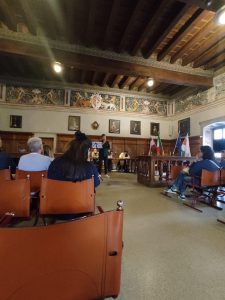
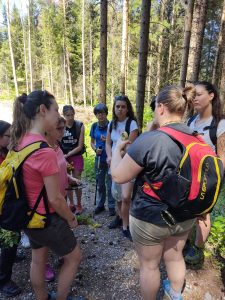
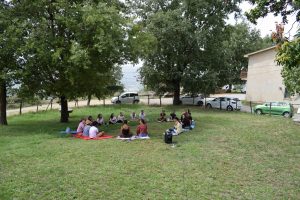
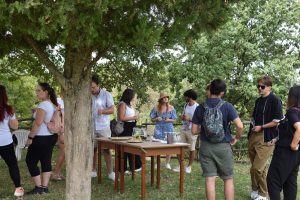
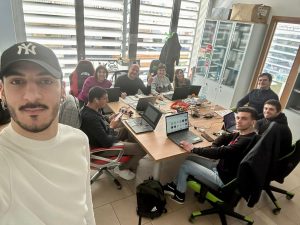
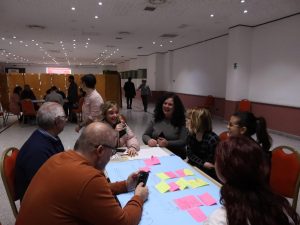
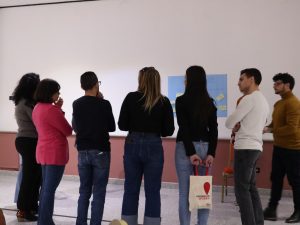
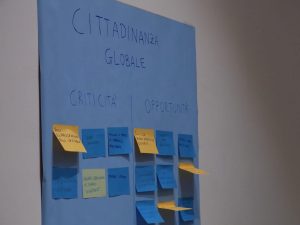
Il progetto è finanziato dalla Commissione Europea.
